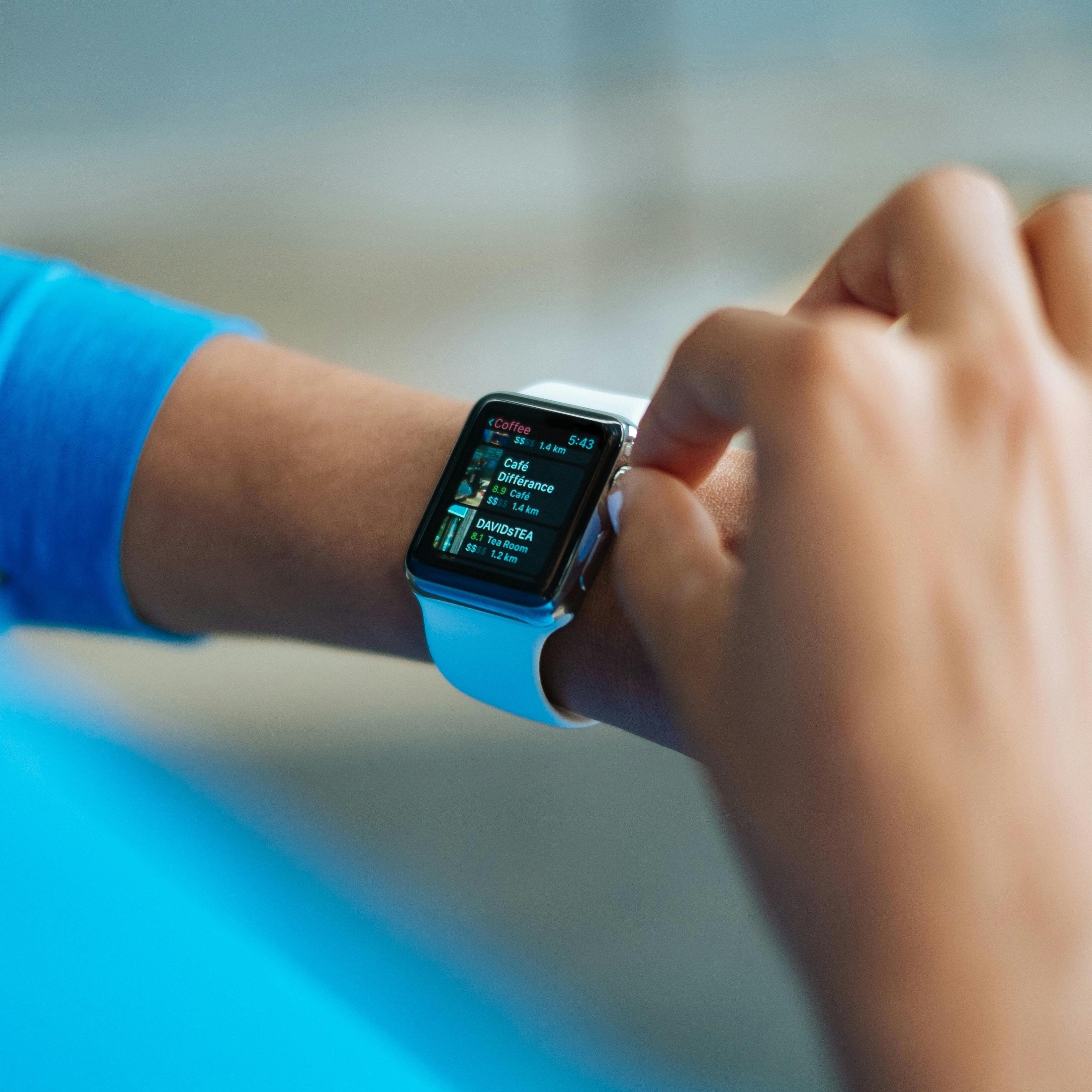
Health technology is moving fast. From AI-powered diagnostics to wearables tracking our every move, it is changing how we understand and deliver care. The benefits are real and impressive. But the risks are growing just as quickly. If we want this progress to actually serve people, not just systems or profits, it is time for meaningful oversight.
One of the biggest concerns is data privacy. These technologies rely on collecting enormous amounts of personal medical information. That data can improve treatments and make healthcare more precise. But without strong protections, it also opens the door to abuse. We have already seen health data being leaked, sold, or accessed without consent. These are not small glitches. They are serious breaches of trust.
Then there is the issue of algorithms. Many health tools now use artificial intelligence to help make decisions, from diagnosing illnesses to prioritizing patients. The problem is that most people, including healthcare workers, have no idea how these systems actually work. This lack of transparency leads to confusion and mistrust. Even worse, if the data used to train these tools is biased, the results will be biased too. That means communities who are already underserved may get less accurate care or be overlooked entirely.
Access is another major challenge. Big cities and private hospitals are often the first to get the latest technologies. But rural clinics and low-income communities are left behind. This creates a dangerous divide where only some patients get the full benefit of innovation, while others are stuck with outdated systems and limited resources.
So what should be done? Governments and regulators need to catch up. We need clear rules to guide the development and use of health technologies. Privacy must be protected. Algorithms must be explainable and accountable. And access to innovation must be fair and inclusive, not just for the few who can afford it.
Health technology has the power to improve lives, but only if it is built on trust, transparency, and equity. We cannot afford to wait until the damage is done. The time to act is now. If we want health tech to serve the public, we need to take control of it before it ends up controlling us.
By Nour Ghaoush, public health researcher at enmaeya



